When you’re buying a new home, one of the biggest choices you’ll make is which new home construction builder to work with. The type of builder you choose will directly affect your budget, customization options, and overall experience.
In this guide, we’ll break down the major types of new home construction builders, their pros and cons, and how you can figure out which one best fits your needs. Whether you’re looking for an affordable entry point or a one-of-a-kind dream home in Lakewood Ranch, this article will give you the clarity to move forward with confidence.
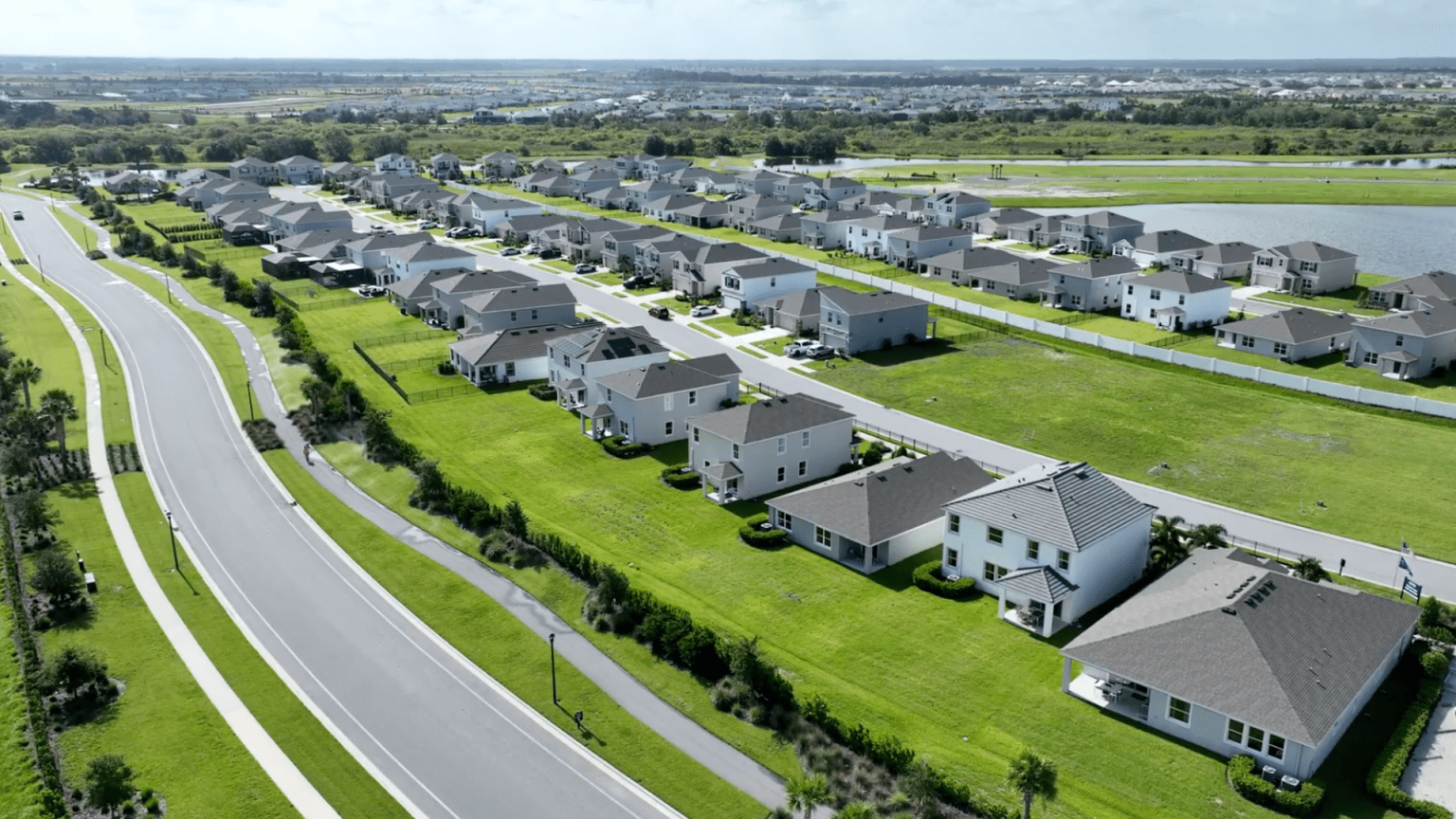
When you search for new homes, you’ll quickly realize that not all builders operate the same way. Some focus on affordability and efficiency, while others specialize in luxury, custom finishes, and flexibility.
Here’s why this matters:
The good news? There’s no single “best” option. Instead, there’s a right fit for you based on your budget, lifestyle goals, and how much personalization you want in your home.
Let’s dive into the categories you’ll encounter when exploring communities in places like Lakewood Ranch, Sarasota, Parrish, and across Florida.
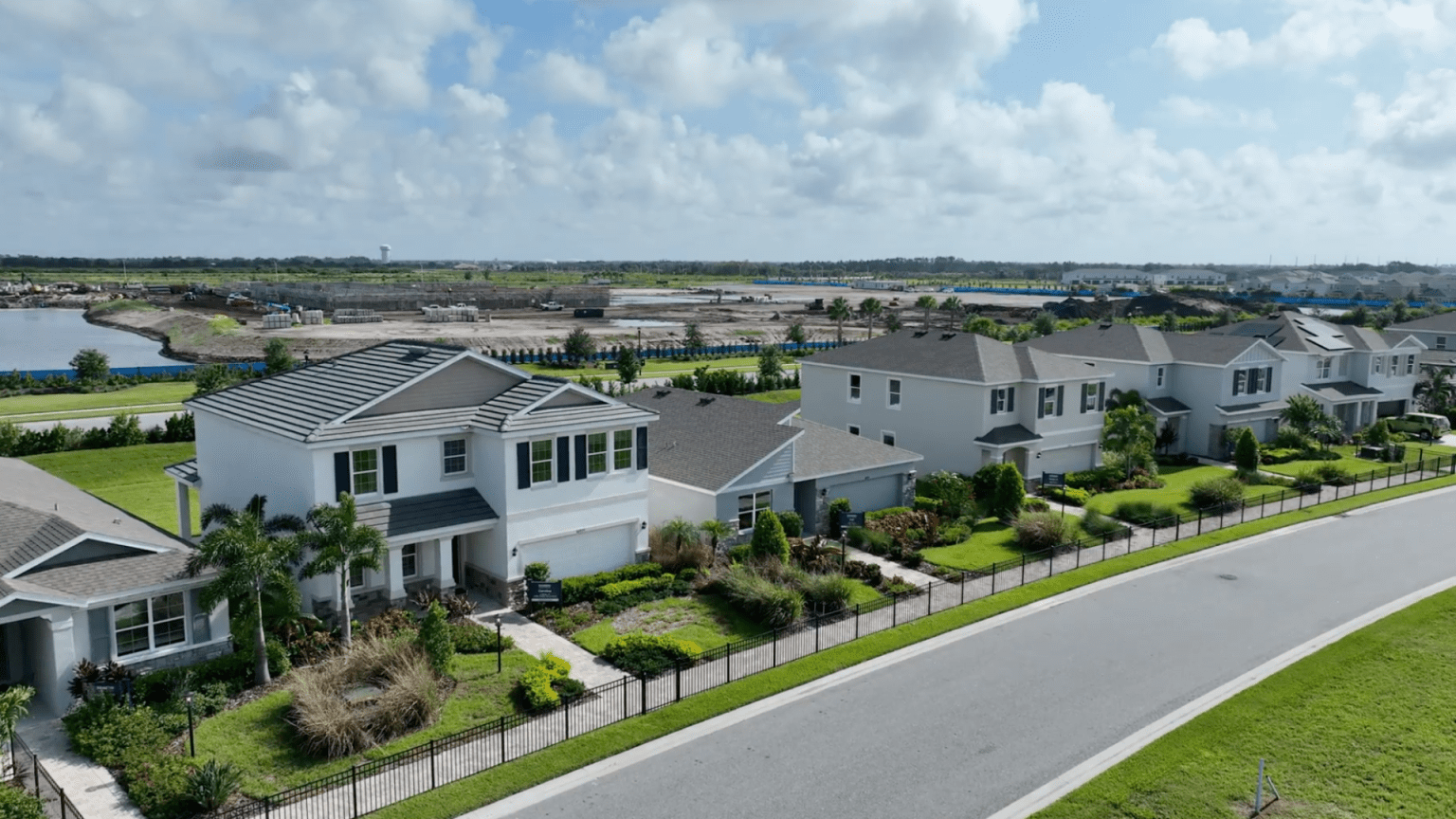
These builders focus on delivering maximum square footage for your dollar. They usually have limited customization, but pricing and timelines are more predictable. Large subdivision new home construction builders are a good choice if affordability and speed are your top priorities.
Key Features
Best For: Buyers who want affordability, quick delivery, and are fine with a home that looks similar to others in the neighborhood.
Potential Drawback: Minimal customization—you’ll be selecting from set floor plans and standard finishes.
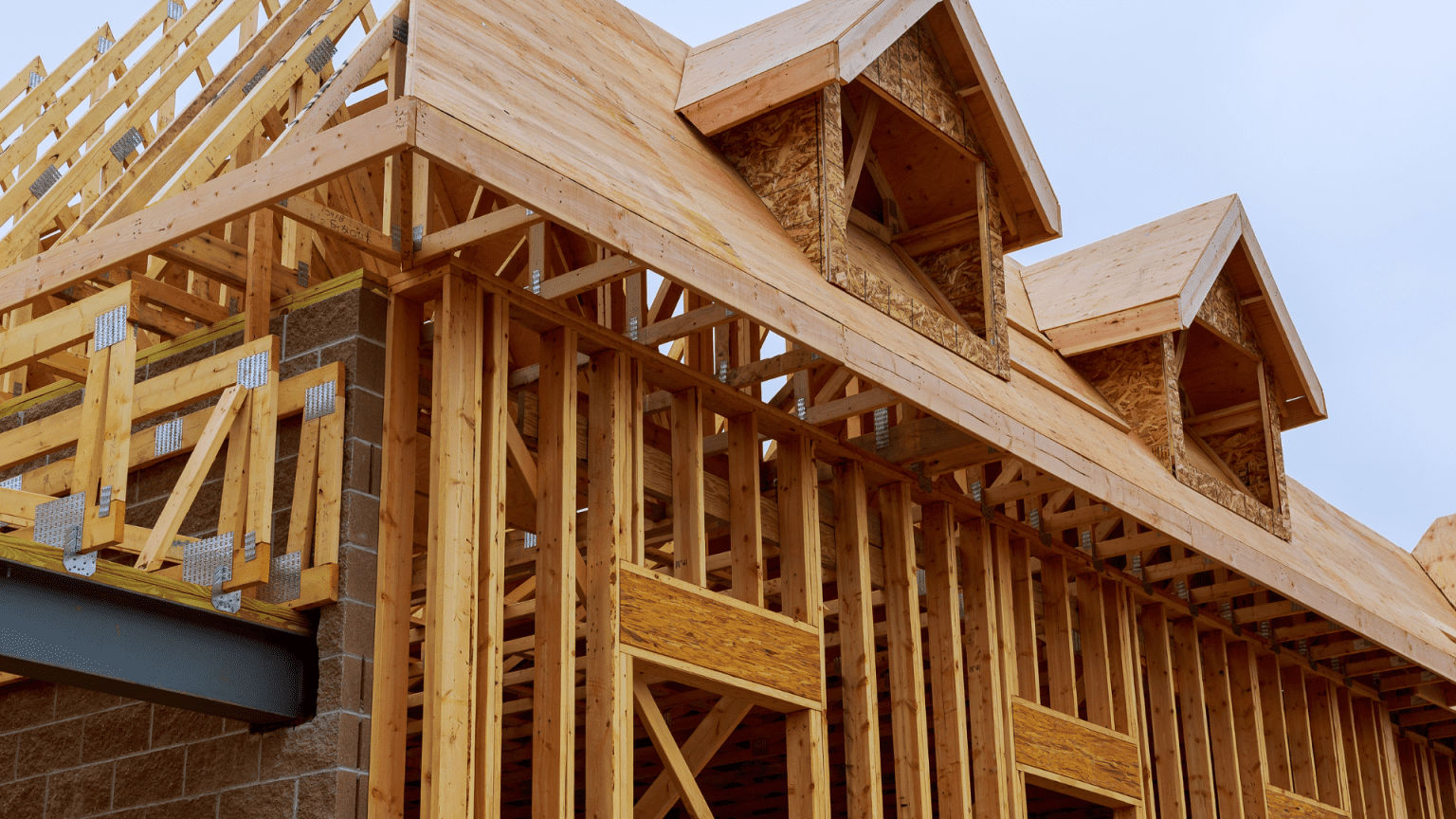
This option provides a balance between personalization and affordability. These new home construction builders start with standard floor plans but allow some structural upgrades and design options, giving you a home that feels more unique without the full custom price tag.
Key Features
Best For: Buyers who want more say in their home design without the high costs of full customization.
Potential Drawback: While more flexible, you’re still limited to the builder’s menu of options.
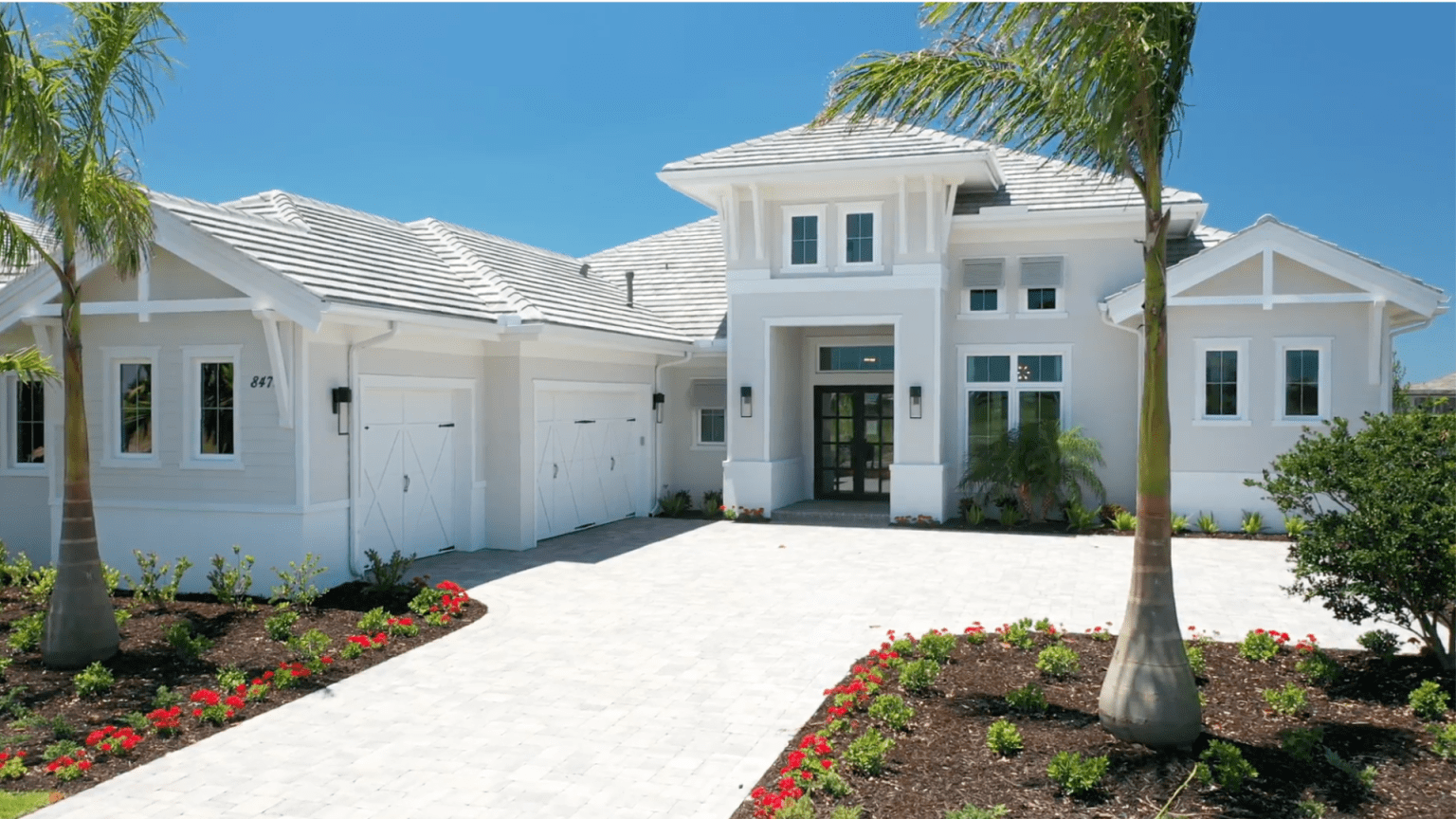
Semi-custom new home construction builders offer much more flexibility in finishes and layout changes. If you want a unique look and are willing to pay a little more, this type of builder can deliver a home that stands out.
Key Features
Best For: Buyers who want a home that feels unique but don’t need the full architectural process of a custom build.
Potential Drawback: You’ll still be somewhat tied to the builder’s original framework.
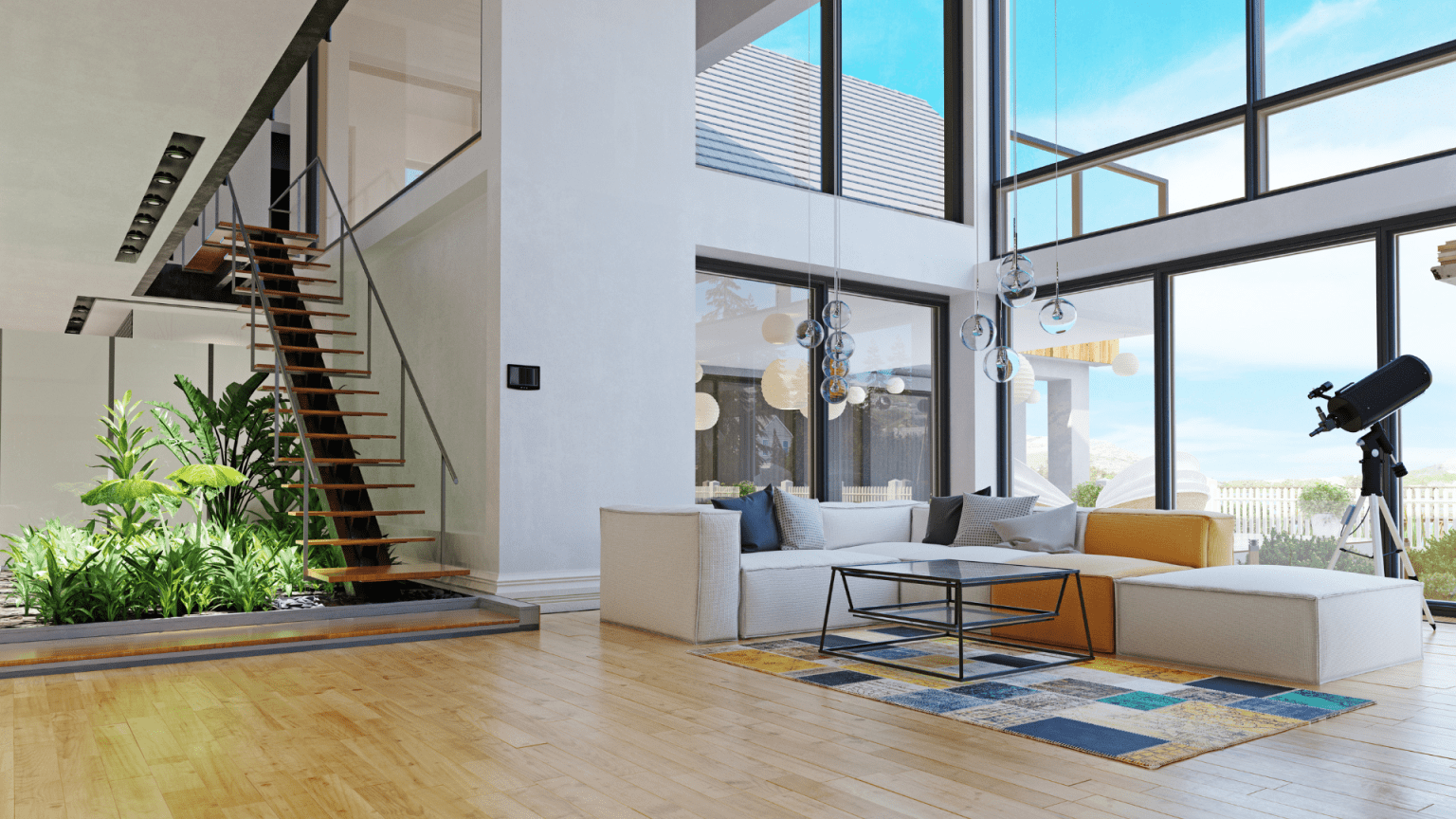
If you want total creative control, full custom new home construction builders are the way to go. They allow you to design everything from the ground up. While these homes take longer and cost more, they’re the best option for buyers with a specific vision.
Key Features
Best For: Buyers who want a one-of-a-kind property and are willing to invest the time and money to achieve it.
Potential Drawback: This option is the most expensive and often the most time-consuming.
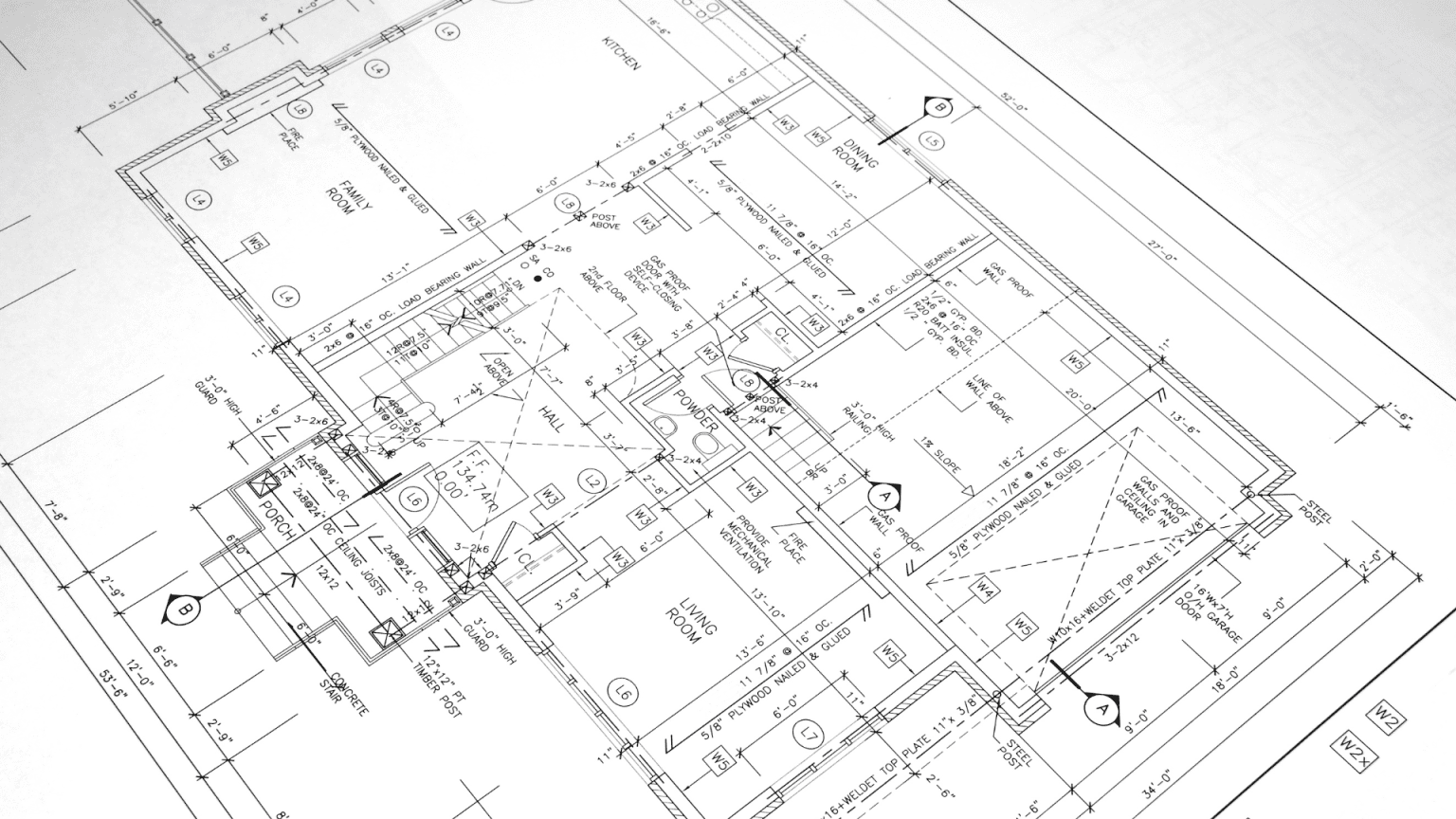
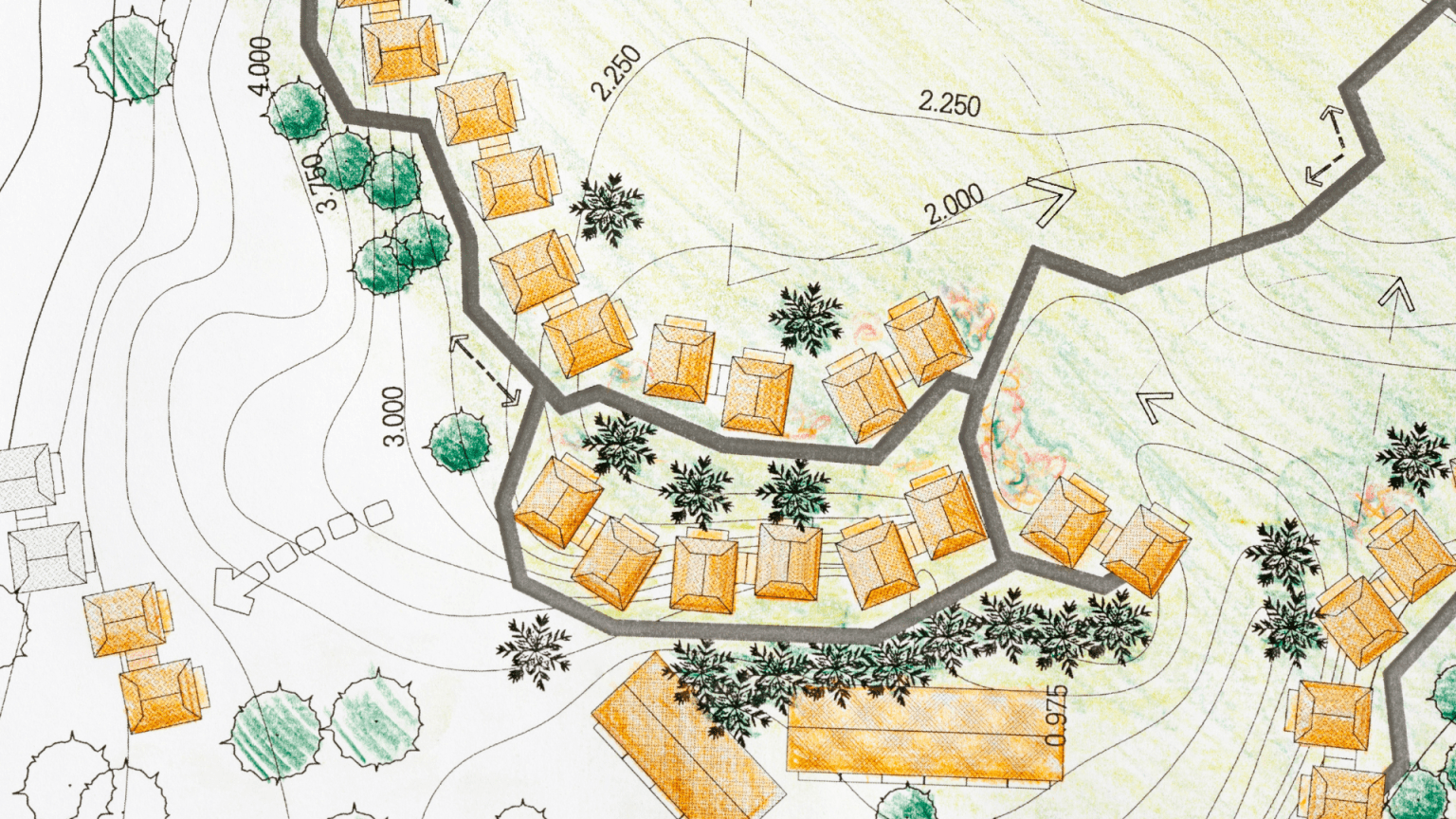
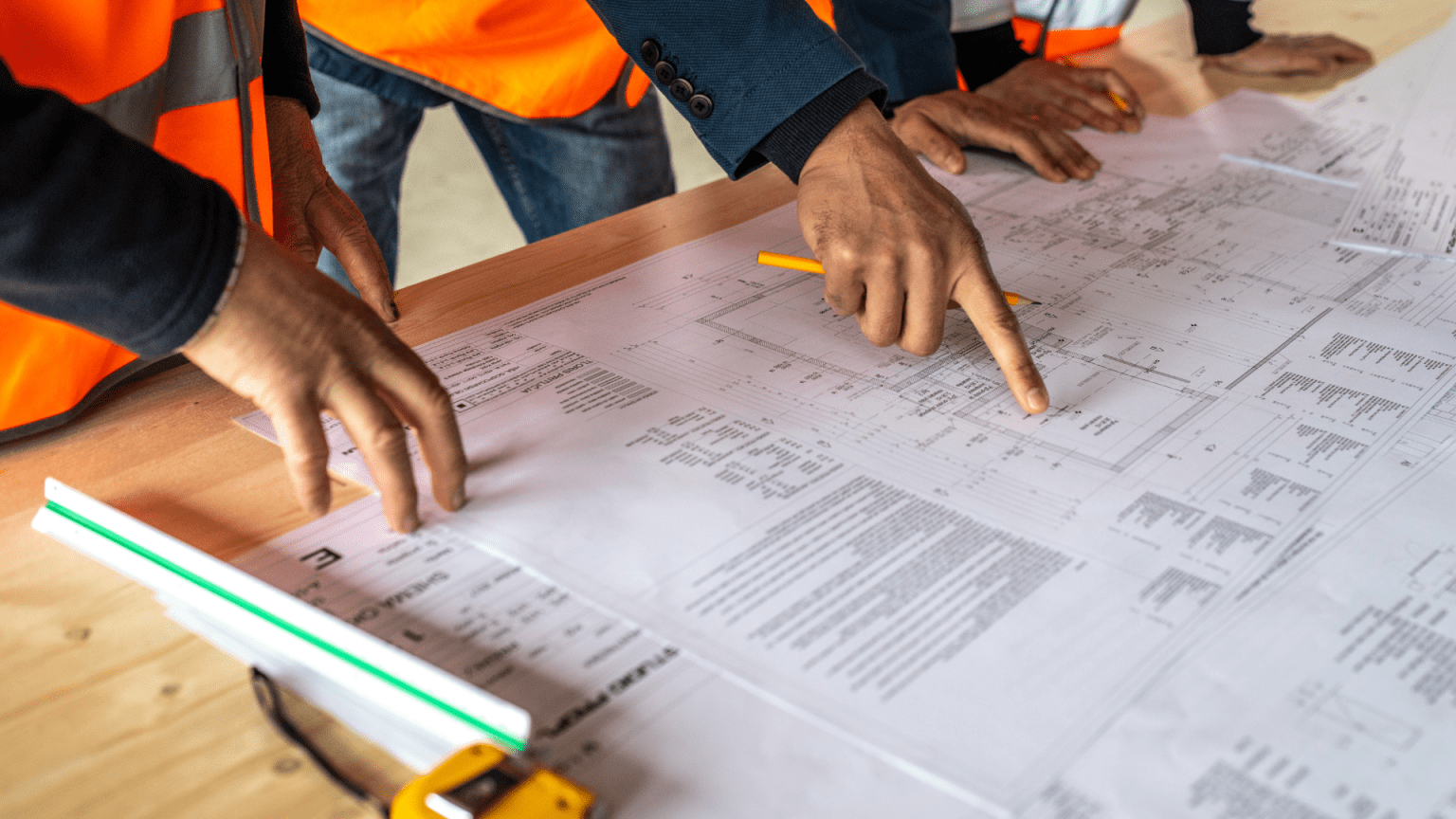
Choosing the right builder goes beyond just price. Here are the top things to keep in mind:
By weighing these factors together, you’ll be able to identify the new home construction builder that best fits your goals — avoiding surprises giving you confidence in your investment and peace of mind throughout the process.
| Builder Type | Pros | Cons | Best Fit For |
|---|---|---|---|
| Large Subdivision Builders |
|
|
Budget-focused Quick move-in |
| Customizable Subdivision Builders |
|
|
Value seekers Style control |
| Semi-Custom Builders |
|
|
Premium feel Personalization |
| Custom Builders |
|
|
One-of-a-kind Dream home |
Start by identifying your priorities: budget, level of customization, timeline, and how involved you want to be in the design process. Production builders typically offer lower cost and faster delivery, while custom builders provide more flexibility and personalization. Once you clearly define what you want, it becomes much easier to research and compare builders who are the best fit for your goals.
(See also my guide to finding the right community in Lakewood Ranch for help narrowing down options.)
Think of this as an interview. Some key things to ask include:
The answers will give you a clear picture of the builder’s professionalism, transparency, and ability to deliver what they promise.
The base price is just the starting point. You’ll want to factor in lot premiums, design upgrades, landscaping, utility hookups, and possible HOA fees. Before committing, ask the builder for a full breakdown so you can compare apples to apples. Doing this early helps you avoid unpleasant surprises later.
(I go deeper into this in my guide on new construction home pricing in Florida)
Most builders provide a structural warranty (often 10 years) plus shorter warranties for systems like HVAC, plumbing, and electrical. Appliances usually come with their own manufacturer warranties. Be sure to ask how warranty service is handled after move-in so you know exactly who to call if issues pop up.
(Be sure to check out my article on the 8 Surprising Facts About Purchasing a New Construction Home in Florida)
Timelines vary. A production home may take 6–9 months, while a custom build can stretch to 12–18 months or longer. Weather, permitting, and material delays can all add time. Ask your builder for a realistic schedule, and more importantly, how they communicate if delays happen. Consistent updates can make the process far less stressful.
Don’t just rely on glossy brochures or websites. Visit model homes and active job sites to see the craftsmanship for yourself. Talk to homeowners or Realtors who recently built with the builder — they’ll give you the unfiltered story. You can also check online reviews, local builder associations, and the Better Business Bureau.
Builders often have preferred lenders who may offer incentives like closing-cost credits or rate buydowns. Depending on the builder, you may need a construction loan or a construction-to-permanent loan. Ask about the deposit structure, when payments are due, and whether the process involves one closing or two. Having clarity upfront makes budgeting much easier.
Energy efficiency not only saves money but can boost resale value. Look for insulation standards, high-efficiency HVAC systems, energy-star appliances, impact-resistant windows, and options like solar or smart-home tech. Ask the builder which features are standard and which are upgrades so you can make informed choices.
Absolutely. The right builder creates a great home, but the right community creates your lifestyle. Ask about planned growth in the area, schools, hospitals, and shopping access. Also, review HOA rules and fees so you know what’s allowed and what your ongoing costs will be. These factors will impact your daily life — and your home’s long-term value.
(If you want to avoid the most common pitfalls buyers make when choosing where to live, grab my free guide: The 4 Mistakes to Avoid When Buying a Home in Florida. It will walk you through the key things to watch out for so you can make a confident decision.)
At the end of the day, understanding the different types of new construction builders will empower you to make smarter choices. Whether you’re leaning toward a budget-friendly subdivision home or a fully custom masterpiece, there’s a builder type that matches your goals.
The key is doing the research, asking the right questions, knowing what flexibility each builder offers, and balancing your vision with your budget and timeline.
If you’d like expert guidance, I’d be happy to walk you through the process, explain the differences in detail, and help you connect with the right builder and community.
📞 Schedule a Consultation – Let’s make sure your new home journey is smooth, informed, and perfectly suited to your needs.